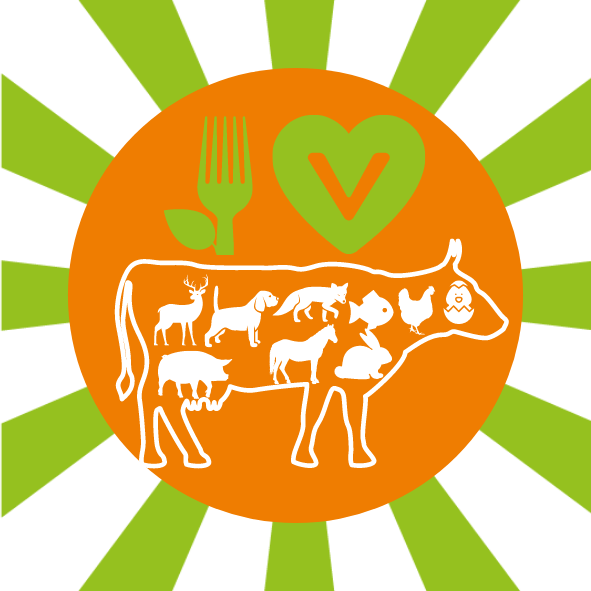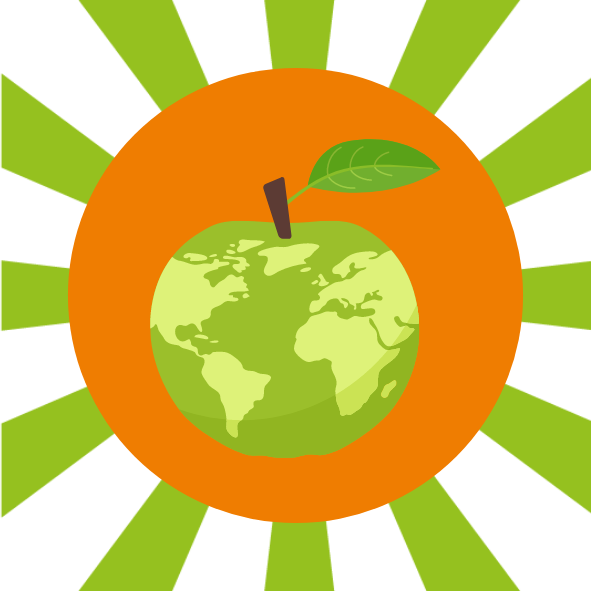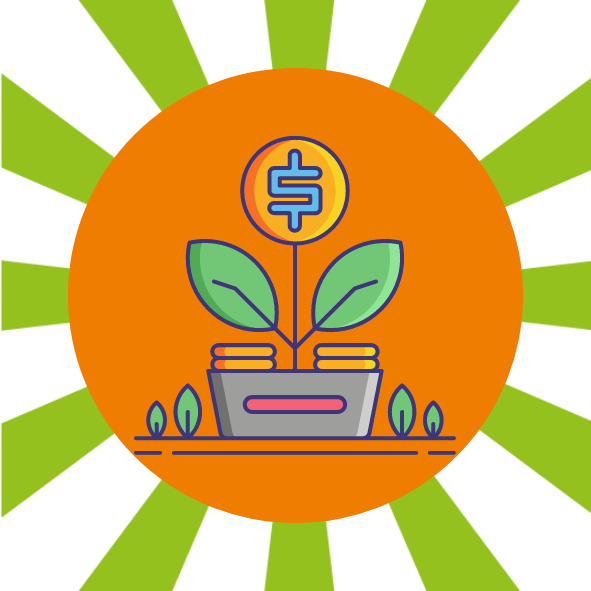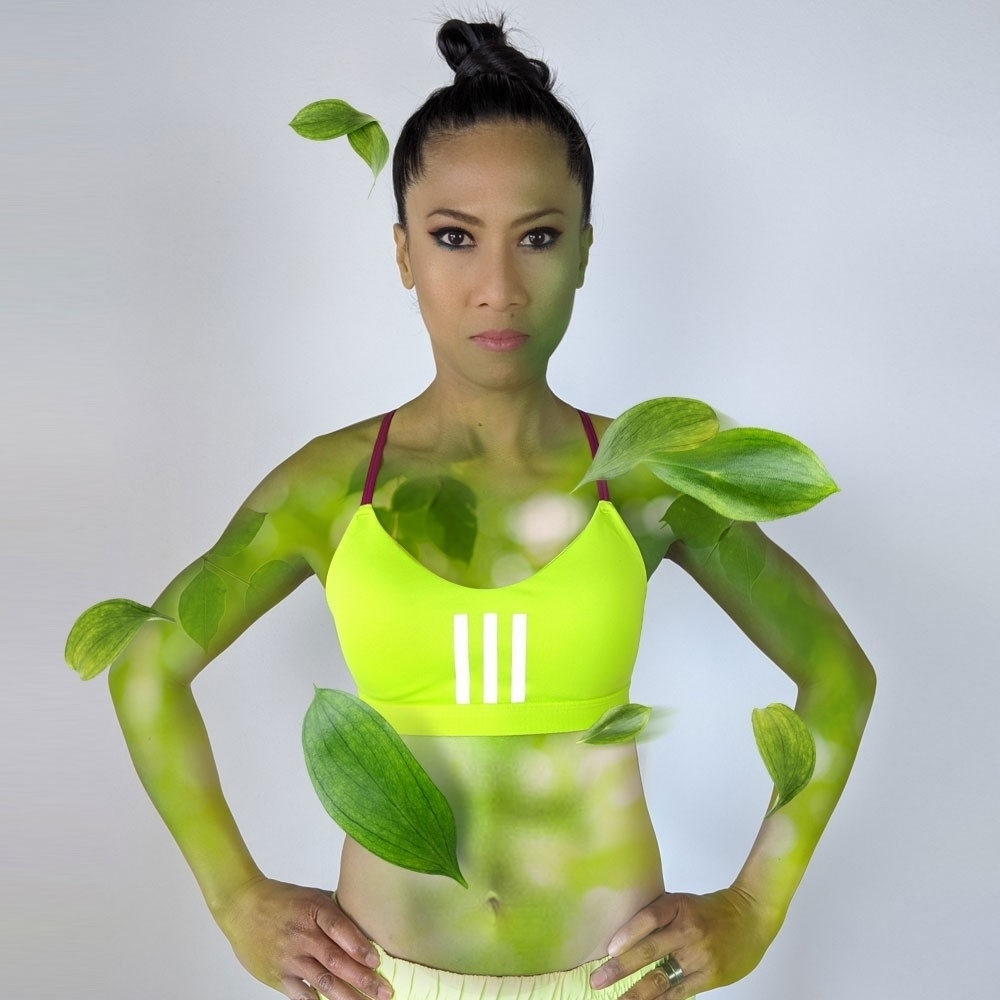
The POWER of food, a problem or a solution?
Before thinking about how to treat sickness we should think about how to prevent from getting sick. It’s not about taking the best medicine for our body but having the right nutrition for not becoming sick. A whole food plant-based diet is a healthful solution, and we have the power in our hands, just at the end of the fork to make the decision if we want our food to be part of the problem or the solution.
Quoting the American Academy of Nutrition and Dietetics: “…vegan diets are healthful, nutritionally adequate, and may provide health benefits in the prevention and treatment of certain diseases. These diets are appropriate for all stages of the life cycle, including pregnancy, lactation, infancy, childhood, adolescence, older adulthood, and for athletes.”
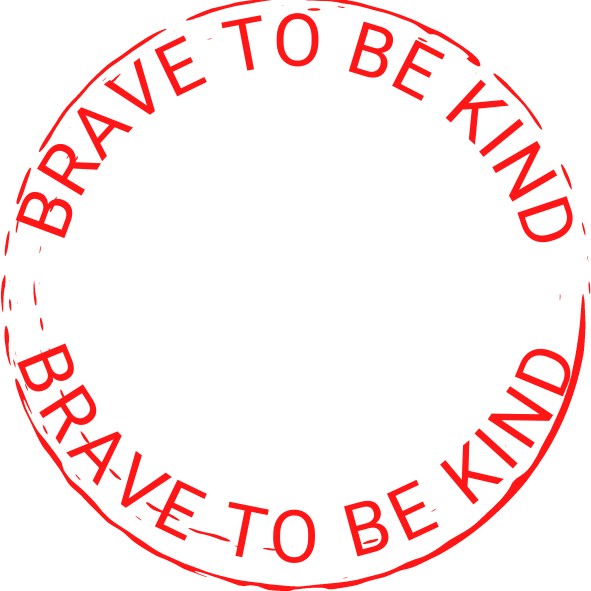
Does our food make us sick or healthy?
According to the China Study by Dr. T. Collin Campbell and How Not To Die by Dr. Michael Gregger, whole food plant-based diet has shown a powerful impact to prevent, reduce, slow down, and even reverse lethal diseases. While eating meat, fish, dairy, and eggs is the trigger of those “western” diseases or “lifestyle” diseases such as obesity, heart disease, cancer, type 2 diabetes, Alzheimer’s, and many other chronic diseases.
The healing power of food should not be underestimated. We have more chances to die for overeating junk in fast food than from a terroristic attack of Al-Qaeda. Unhealthy diets cause more deaths and diseases than smoking, unsafe sex, alcohol, and drugs all combined. Wouldn’t it be better to treat the cause than the symptoms then? Why should we use drugs when the solution can be cheaper and more natural?
Vegan diet vs “genetical diseases”
Great news! Our genetics are not our destiny, and changing our diet and our lifestyle can prevent the leading causes of death from stroke, heart disease, type 2 diabetes, and some cancers. Choosing plant-based food can really change our destiny. Taking off meat, fish, dairy, and eggs means preventing the root causes of those diseases to develop and get worse in our bodies. And plant-based foods such as whole grains, beans, nuts, fruits, and vegetables can help to lower blood cholesterol and provide a heart-healthy diet.
Vegan diet vs pandemic
Covid-19, Sars, Swine flu, bird flu, and many other pandemics that have happened and are still happening now are illnesses originated from animals with direct or indirect contact with the human and we call it zoonotic. The fact that more than 90% of meat and dairies are coming from intensive farming makes the possibility of a virus spreading and mutating a lot easier because the animals inside intensive farming (CAFO stands for Concentrated Animal Feeding Operation) live in such a crowded space with a very low level of hygiene. Therefore, if we decide to take the meat off our plate we can avoid being contracted by any virus and prevent the spread of the pandemic.
Vegan diet vs antibiotic resistance
Do you know that more than 70% of antibiotic in the USA is consumed by livestock farms? This number raised by 96% since 2009. The meat and dairy industries need to use that many antibiotics because it’s the cheapest and instant way to make the animals resist the virus due to their living condition. They also use hormone growth treatment to make the animals grow faster so they can be consumed as soon as possible. If we are what we eat, it means we are what what we eat eats. In other words, we also consume those antibiotics and hormone growth treatments in our bodies. as a consequence, we become “immune” to antibiotics. In many cases, the use of antibiotics and some vaccines will not work anymore. Being meat-free means being free from unnecessary and unwanted antibiotic consumption.
Vegan diet vs e-coli bacteria
Inside the factory farms, the animals live in such a crowded space and literally live with their manure. Consequently, they are at risk of being infected by the E-coli bacteria. Unfortunately, as they eat corn or soybean that acidify their stomach, the E-coli will survive until the cows or pigs or chickens become finished products at the supermarket and get to the consumer. The bad news is, E-coli that survive and get to our stomach is used to the acidity in our stomach because of the corn feed or soybean feed animals. Furthermore, the E-coli can also survive in our kitchen where we use the kitchen utensils to process and cook meat unless we really disinfect our kitchen in a certain way. Choosing a plant-based diet will minimize the risk of getting infected by dangerous bacteria like E-coli which in some cases can also lead to death.
Plant protein vs animal protein
One of the biggest and the most common issues when it comes to being vegan is protein intake. However, there are two kinds of proteins: animal protein and plant protein. And actually, studies show that animal protein is unhealthy for our body and our body will thank us if we don’t consume them. As vegans, we have tons of sources for our protein intakes such as legumes (chickpeas, beans, lentils) or whole cereals (wild rice, spelt, oats, etc). These nutrients are a good source of protein intake when consumed daily. So, get to know your food and the ingredients in your kitchen and make them your best friends!
Plant milk vs cow milk
Milk is supposed to be consumed by babies during their growth and we got that milk from our mother when we’re babies, and that’s natural. But consuming milk when we are adults is totally UNNATURAL, INHUMANE, and UNHEALTHY especially if the milk is coming from cows because cow’s milk is meant to be for their calves. We can get calcium easily from green, leafy vegetables like broccoli, cabbage, okra, etc; sesame seeds or tahini; tofu; beans; and fortified plant milk. So, it’s not true that you need to consume cow milk for your strong bones, in fact, countries with the highest level of milk consumption like the USA and New Zealand, show that they have a high number of broken bone cases.
Healthy food vs cheap food
You always get what you pay for, and cheap price food usually doesn’t give that much nutrition or is even unhealthy for our body. Healthful food that gives us the nutrition that our body need doesn’t always come as cheap as junk food. If a price of a hamburger which takes a long process to make it is cheaper than a bowl of salad then we should question “how can it be?”. And talking about plant-based, of course, it’s more expensive if we choose those ready-made and processed food, but if we go back to basic and choosing the whole plant-based food, which means basically vegetables, fruits, seeds, herbs, cereals, nuts, and spices, then we will find out that it’s not actually that expensive. It makes sense because the price to pay is your health. We just need to get to know about our ingredients and know, how to work on them better and to be able to create delicious yet healthy dishes out of them.
Going plant-based is not about saying NO but it is saying yes to a new world to explore, yes to the richness of what our mother nature provides for us, yes to learn new things, and yes to be kind, yes to be a more responsible individual. The truth is conscious eating will save our life and our planet. I believe in regenerating food and life-giving food and not life-taking food and life degenerating food.


